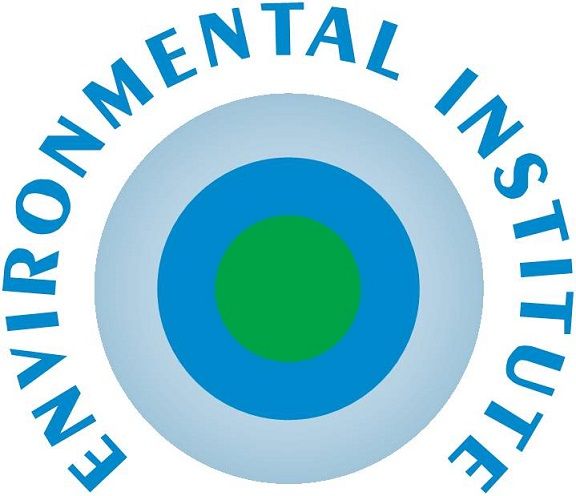Global change and Ecosystems: Integrated Project
Country: European Union MS, Adhesion countries
Client/funding: European Union 6th Framework Programme Project No. FP6-2002-Global1 505428
Duration: 2003 - 2005
Partners: 46 European institutes, Danube consortium: GOBIO (Germany), BOKU (Austria), WRI (Slovak Republic), ICIM (Romania), FHMI (Serbia and Montenegro), LEMNA (Germany), TNO (The Netherlands)
AQUATERRA was one of the first environmental Integrated Projects in the EU 6th Framework Programme. The project was active since 1 June 2004 for a time period of 5 years. It had 45 partner organisations in 12 EU countries as well as in Romania, Switzerland and Serbia and Montenegro and hosts university partners, small to medium enterprises and environmental protection agencies. Its objectives were:
- To provide better understanding of the river-sediment-soil-groundwater system at various temporal and spatial scales;
- To provide the scientific basis for improved river basin management;
- To develop specific tools for water and soil quality monitoring;
- To develop integrated modelling for impact evaluation of pollution as well as climate and land-use changes for definition of long-term management schemes.
These objectives were achieved through 10 sub-projects with BASIN investigating selected sites in five contrasting European river basins (Brévilles, Ebro, Meuse, Elbe and Danube). This sub-project concentrated on soil–groundwater–river as well as floodplain–sediment–river interactions. Building on this, BIOGEOCHEM investigated soil-filter and transport functions, the fate of pollutants in soils and sediments in order to determine impacts on water quality. This work combined with FLUX that investigated transport and turnover of inorganic and organic solids and solutes in order to evaluate effects of changes in land use. It was also linked to HYDRO that investigated impacts of climate change on the water cycle through water balance and quality parameters. A further sub-project, TREND, yielded improved understanding in soil and water quality trends by extrapolating from the past to the future and by recognising adverse trends. In collaboration with the above modules, MONITOR developed and validated new analytical techniques by focussing on emerging compounds such as pharmaceuticals and pesticides in the environment and by providing new protocols for non-regulated pollutants. Results from the above subprojects were used in COMPUTE to model fate and transport of pollutants at different scales. EUPOL and INTEGRATOR disseminated results to be used in future environmental EU policies and integrated the results of the various AquaTerra sub-projects. Finally, KNOWMAN disseminated results to scientific and stakeholder communities through workshops, seminars, publishing activities and summer schools. In this manner, AQUATERRA has met the challenge of integrated modelling of the river-sediment-soil-groundwater system and offered advanced tools for the management of catchment areas and river basins in the context of global change.
EI was specifically involved in the overall management of the Danube Basin survey (WP BASIN); logistic, technical and scientific assistance to the preparation, organization and evaluation of the survey and screening of Danube sediments and suspended solids for presence of WFD Priority Substances and unknown organic pollutants.
